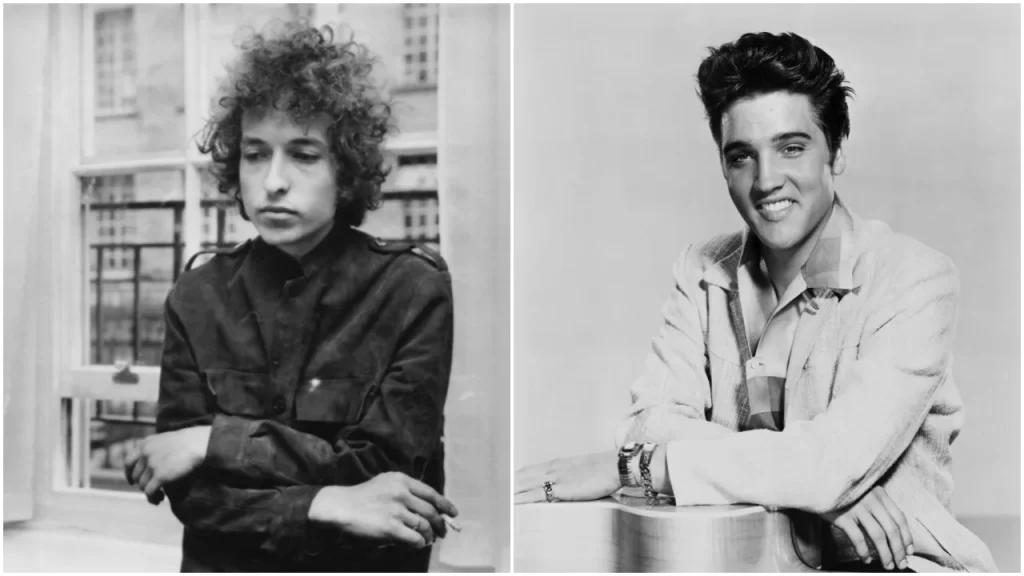
James Mangold’s A Complete Unknown, a biographical film about the legendary Bob Dylan, has already garnered immense attention for its star-studded cast, Timothee Chalamet’s performance and focus on Dylan’s transformative journey in the music world. While the film features iconic figures like Johnny Cash, a glaring omission has left fans puzzled: Elvis Presley. Considering Elvis’s profound impact on Dylan’s life and the numerous connections he shares with the movie’s narrative and production, his absence feels like a missed opportunity. Here’s why the King of Rock and Roll deserved a spot in this cinematic portrayal of Dylan’s life.
Elvis’s Profound Influence on Bob Dylan
Few artists have left as indelible a mark on Bob Dylan as Elvis Presley. Dylan himself has spoken reverently about the King of Rock and Roll, citing him as a pivotal inspiration. In interviews, Dylan recalled hearing Elvis for the first time and how it completely changed his perception of music. The raw energy, charisma, and revolutionary spirit of Elvis’s music acted as a catalyst for Dylan’s own artistic pursuits.
Dylan once remarked, “Hearing Elvis was like busting out of jail,” a sentiment that underscores the King’s transformative influence on him. Dylan even admitted that he tried to emulate Presley early in his career, striving to capture a similar magnetism in his performances. Including Elvis in A Complete Unknown would have added depth to the narrative, illustrating the formative influences that shaped Dylan’s legendary career.
Moreover, the connection between Dylan and Presley extends beyond admiration. In 1971, Dylan was rumored to have written a heartfelt letter to Elvis, though the two never met. This unfulfilled connection adds a layer of poignancy that could have been explored on screen, reflecting the enduring legacy of Elvis in Dylan’s life.
The Case for Elvis in A Complete Unknown
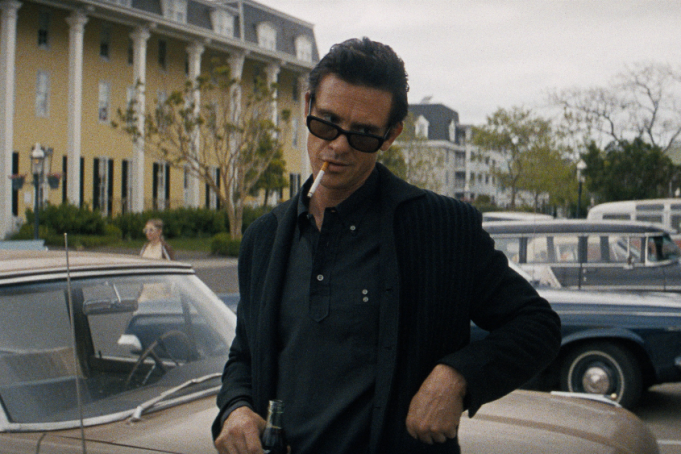
While Elvis’s influence on Dylan is reason enough to warrant his inclusion, other factors make his absence even more perplexing.
The Johnny Cash Connection – One of the film’s highlights is Johnny Cash, a figure who shared a close personal and professional bond with Dylan. Interestingly, Elvis and Cash also have intertwined histories. Both recorded at the legendary Sun Studio in Memphis under the guidance of producer Sam Phillips. In fact, Elvis and Cash shared the same manager, Colonel Tom Parker, early in their careers. These shared origins make Elvis a natural fit for the film, highlighting the interconnectedness of music legends during the golden age of rock and roll.
Austin Butler and Timothée Chalamet – In 2022, Timothée Chalamet, who stars as Dylan in A Complete Unknown, openly expressed his admiration for Austin Butler’s portrayal of Elvis in Baz Luhrmann’s Elvis. Chalamet even suggested he wanted Butler to play Elvis alongside him in the film. This intriguing tidbit not only underscores the cultural resonance of Butler’s performance but also raises the question of why Mangold didn’t capitalize on this potential crossover. Butler’s Elvis could have seamlessly transitioned into A Complete Unknown, creating a compelling continuity between two significant music biopics.
Mangold’s History with Elvis – James Mangold is no stranger to Elvis Presley. The director’s acclaimed film Walk the Line, chronicling the life of Johnny Cash, featured Tyler Hilton as Elvis in a memorable supporting role. Hilton’s performance captured Elvis’s charm and energy, proving that the King could fit organically into Mangold’s storytelling. Revisiting Elvis in A Complete Unknown would have added a nostalgic touch, especially for fans of Walk the Line.
Cultural and Narrative Weight – Beyond personal connections, Elvis’s inclusion would have brought cultural weight to the film. The King represents an era of musical rebellion and innovation that parallels Dylan’s own journey. By juxtaposing these two icons, the film could have explored the broader impact of the 1960s music revolution, offering a richer tapestry of the cultural shifts that defined the era.
A Complete Missed Opportunity
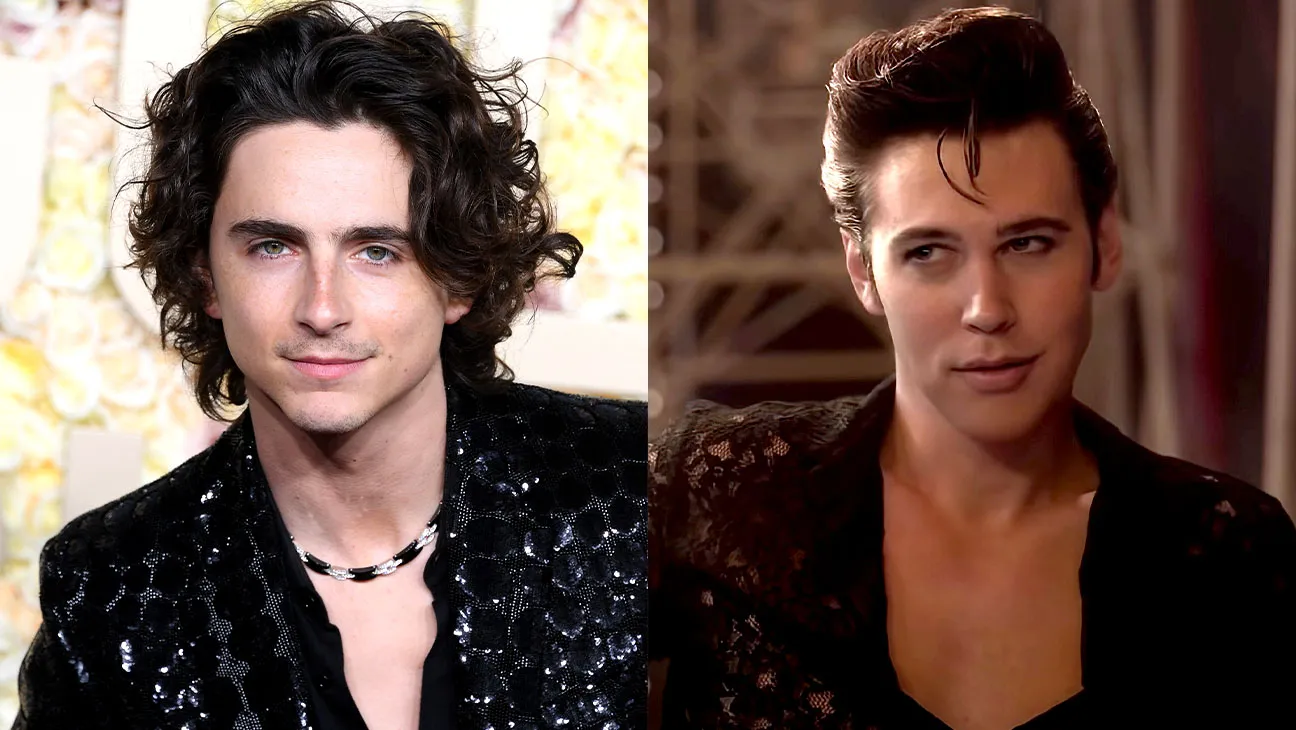
Elvis Presley’s absence in A Complete Unknown feels like a missed opportunity to explore the profound interconnectedness of music legends during the 20th century. His influence on Bob Dylan, shared history with Johnny Cash, and potential portrayal by Austin Butler made him a perfect candidate for inclusion.
While the film promises to deliver an insightful look into Dylan’s life and artistry, adding Elvis to the narrative could have elevated it further, creating a richer, more dynamic portrayal of the era’s musical landscape. Perhaps future projects will seize the chance to explore the intricate relationships and inspirations that defined music history — and finally give Elvis the cinematic tribute he deserves in the context of Dylan’s story.
For now, fans can only imagine what could have been.
If you have any questions regarding A Complete Unknown, feel free to ask in the comments below. For more content, stay tuned. As usual, like, subscribe and share our articles as we here are trying to build a community of people High on Cinema!


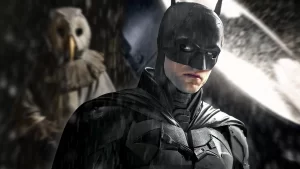
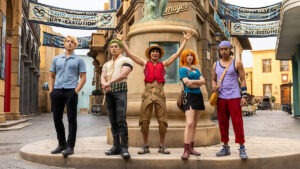
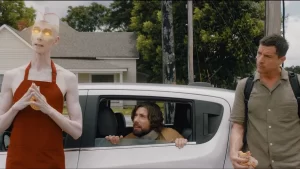
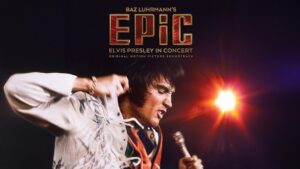

Mangold’s history with Elvis is not a good one. Tbe movie “Walk the line: included scenes where Presley teaches the other three, Jerry Lee Lewis, Carl Perkins and Johnny Cash to use pills to keep awake. Fact check: Presley never toured with Lewis and toured with Cash and Perkins, but separately. The reason a strong Presley character in a movie abour another huge celebrity is not a good idea goes bsck to :Ali” , and “Rocketman”, two films which contained scenes of Presley in the screenplay, only to be discarded because these scenes would focus on a dead person who was more popular with the masses, when dead , than any living or dead celebrity he interacted with, briefly or not. Baz Luhrmann’s, “Elvis” nearly grossed $300m worldwide, proof that “Ali”and “Rocketman” , with lesset grosses, could have used what was written in tbe discarded scenes to their advantage. The fact Elvis, as a character did not appear in the Dylan movie inspite of the actor playing Dylan wishing for Austin Butler to appear tells me two things: one is that the movie will be acclained, but will not translate into anything as financially sound as “Elvis”. And secondly, that Dylan always the unpredictable must have been opposed to the idea. A man who doennt speak to anypne the week after Presley died, children, nanny, wife, manager included but who later says he didnt wsnt to meet hom because he had plsyed with the minds of tbe four Beatles ehen they met on 1965, is not a person who would want that same man, )in his biopic.
Nice take. Genuinely appreciate your contribution!
Dylan and Elvis didn’t meet until well after this film took place. So despite the impact Elvis may have had on Dylan his appearance in the film makes no sense. There may be a few inaccuracies in the film, adding Elvis would be a huge misrepresentation of this time in Dylan’s career.
Thanks a lot for your insights. Really appreciate it.
They never net. Evet. And you ate unawarec that in January of 1965, Dylan acceoted a Double Elvis from Andy Warhol only to exchange it as he exited the Factory for a couch snd 300 dollars , the lucky guy being his managet. When his manager died, his widow dold the DoubleElvis” to the NYbMOMA for $700,000. When Warhol found about it, he was livid as by 1987 that price was peanuts. In the first two decades of THIS century. Dylan suffered to no end and is quoted as regretting the exchange, knowing as he did that three “:DOUBLE ELVIS” had sold at Cjristies and Sotheby’s for a combined $121M ($37m, $37.1m and $53m) And thecobr je had for 30 monutes, he exhanged it for ZERO. Since the gift, and the exchange wete photograhed, it must have been Dylan who nixed tbe inclusob of a mythical Double Elvis.played by Butlet…
Hi!.They never met. Ever And you ate unaware that in January of 1965, the moment in time the movie focusses, Dylan accepted a “Double Elvis” from Andy Warhol only to exchange it as he exited the Factory for a couch and 300 dollars , the lucky guy being his managet. When his manager died, in 1986, his widow sold the “Double Elvis” to the NYMOMA for $700,000. When Warhol found out, he was livid as by 1987 that price was peanuts. In the first two decades of THIS century. Dylan suffered to no end and is quoted as regretting the exchange, knowing as he did that three “:DOUBLE ELVIS” had sold at Christies and Sotheby’s for a combined $121M ($37m, $37.1m and $53m) And the one he had for 30 minutes, he exchanged it for ZERO. Since the gift, and the exchange wete photograhed, it must have been Dylan who nixed tbe inclusion of a mythical “Double Elvis”played by Austin Butler.
Given the time frame depicted in A Complete Unknown, I don’t see Elvis Presley as a major omission. The scene with Dylan and Seeger listening to Little Richard on the car radio is pretty much short hand for Dylan’s rock ‘n’ roll past. Others who could have been included who are more crucial to the time are Victoria Spivey, Big Joe Williams, John Lee Hooker, Lonnie Johnson, The Beatles, Dave Van Ronk (he’s marginally in there), Allen Ginsberg and the Beats.
Thanks a lot for your input!
Hi!! The one who was so sad when Elvis died that he did ñot speak to his kids, their nanny, his manager and his wife for an uninterrupted week was the same Bob Dylan who regretted the deaths of all those people Mangold inserted in his biopic without as much as shedding a single tear, nor loss of a minute of sleep as a result. The worlwide grosses of both of Mangold’s biopics (walk the line”and “A complete unknown) will even when combined, just about fall a tad behind those of Baz Luhrmann’s “Elvis”, which leads me to believe Elvis is the one character who didnt need to be in “A complete unknown”. In fact, Luhrmann “Elvis” gave Little Richard, a character, not just a reference, as did Mangold.